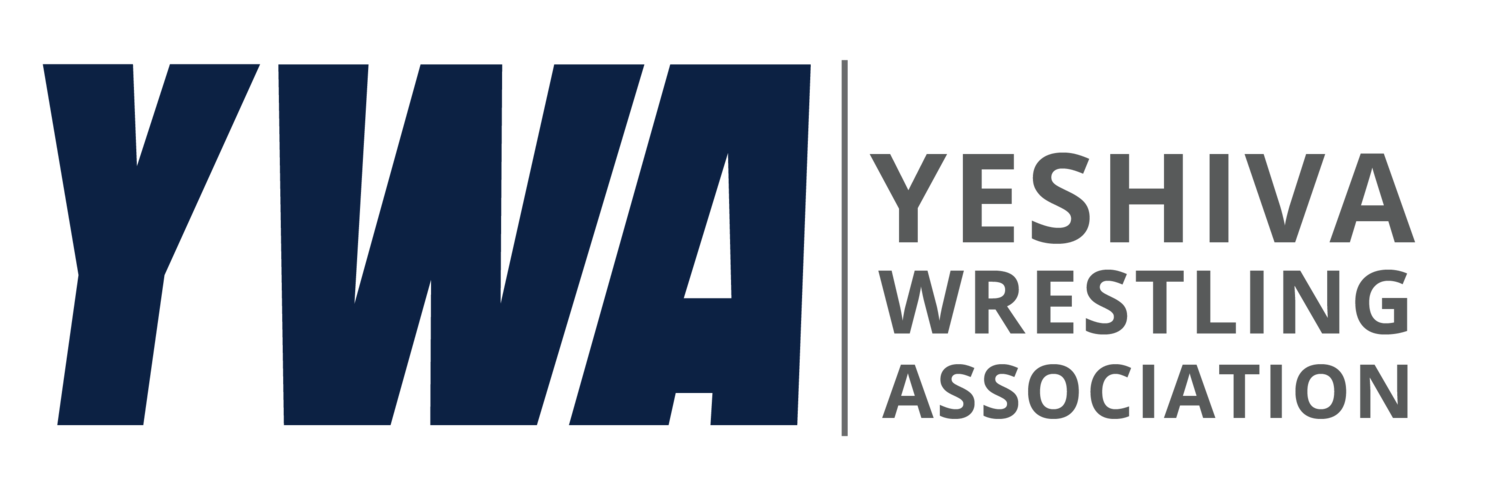Who Was Henry Wittenberg?
He never wrestled in high school, and he needed several years of college wrestling to reach national prominence. However, from the moment Henry Wittenberg learned the sport, his was a story of unparalleled success.
Henry did not think of himself as athletic when he arrived at City College of New York. Joe Sapora, then coach of City's well known intercollegiate wrestling team, immediately recognized his talent and became his mentor. He placed third in the national collegiate championship tournament as a junior. In 1939, as a senior, he took second. Wrestling did not end with graduation; Henry was a "natural" for the sport, and his career was about to hit overdrive.
Over the next 10 years, Wittenberg wrestled more than 300 matches without a loss. He entered eight National AAU freestyle tournaments and won eight championships. He represented the West Side YMCA of New York and later the Police Sports Association.
Henry Wittenberg represented the United States at 191.5 pounds in the 1948 London Olympics. His winning ways continued in the Olympics, and he made the Gold Medal finals. Victory did not come easy, though. In the match preceding the finals, he severely tore several muscle tendons in his chest. US Olympic Coach Cliff Keen almost pulled him out of the competition, but CCNY's champion insisted on going for the gold — and got it. He received a hero's welcome when Henry Wittenberg Day was declared in the Bronx.
After a short retirement, Wittenberg won the Silver Medal at the Helsinki Olympics in 1952, and became the first American wrestler since 1908 to win two Olympic medals. In 1959 he led the first American team to visit the Soviet Union on a cultural exchange program. And in 1968, he was coach to the U.S. Olympic Greco wrestling team in Mexico City.
Wittenberg earned a master's degree in health education at Columbia University’s Teachers College. He later became a New York City Police Officer, won five commendations for bravery, and was actively involved in building up the Police Sports Association. He was also active in developing Israel's Macabiah Games held every four years for Jewish athletes from around the world. He won two gold medals for wrestling at these games in 1949 and ’53, as well as a silver medal for weightlifting.
Wittenberg coached collegiate wrestlers at Yeshiva University and CCNY from 1967-80. In addition, he wrote a best-selling book, "Isometric Exercises," which has been through five printings. He was the first inductee to the CCNY Alumni Varsity Association Hall of Fame. He was elected to the National Wresting Hall of Fame in 1977 and to the Jewish-American Sports Hall of Fame.
Henry passed away on March 9, 2010 at the age of 91. His well-known determination to persist against all obstacles to attain victories for himself and for his many students continues to be an inspiration to us all.

